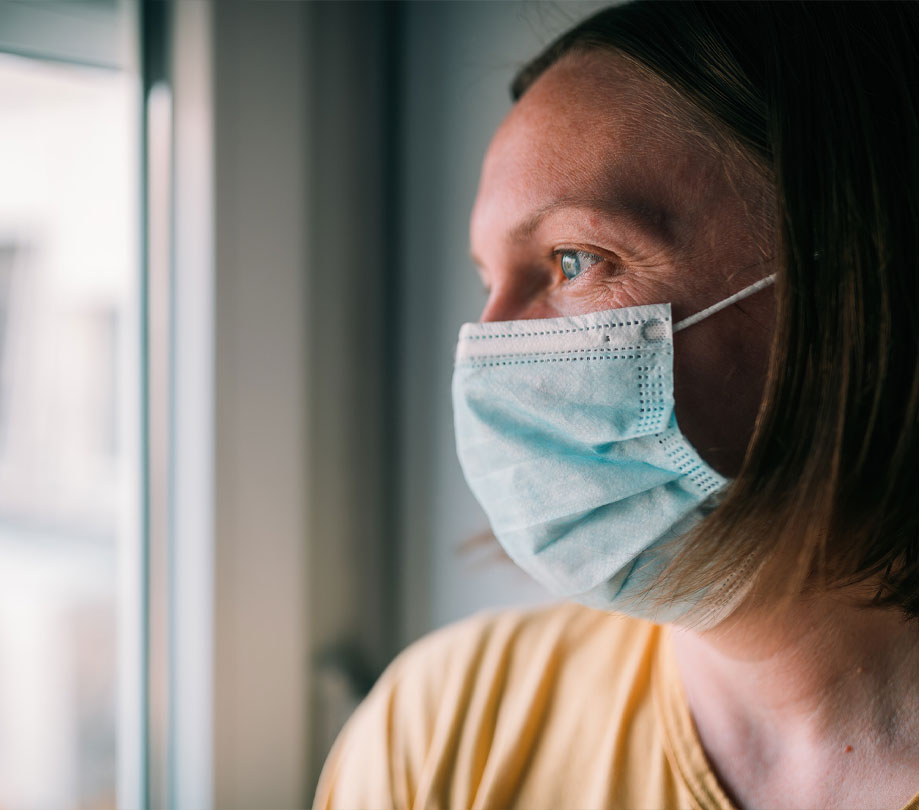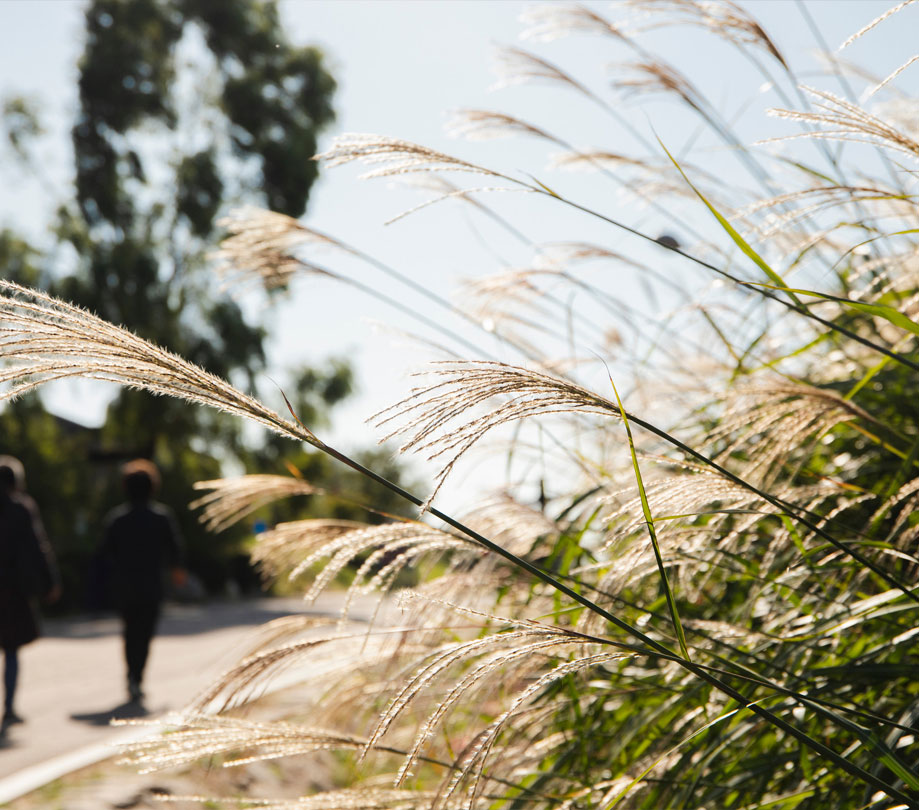Blog
Promising studies from Monash University reveal that improving gut health through fermentable fiber may ease long COVID symptoms like fatigue and brain fog, raising an exciting question, can fiber help fight long COVID new research says yes, and trials are underway.
Long COVID has become one of the biggest medical mysteries of our time, affecting roughly 1 in 10 people who’ve had COVID-19, and leaving them with lingering symptoms like fatigue, brain fog, and weakened immune function. There’s no standard treatment, and for many, answers have been in short supply.
Can fiber help fight long COVID? New research says yes
But promising new research from Monash University in Australia, featured in a recent Nature article, suggests a natural solution might be sitting on our plates: fermentable fiber.
Why fiber?
Fermentable fiber, including inulin and resistant starch, is a type of dietary fiber that isn’t fully digested in the small intestine. Instead, it’s fermented by gut bacteria, producing short-chain fatty acids like butyrate, compounds already known to influence immune responses and gut health.
What’s exciting is that researchers are now exploring whether this process could help ease long COVID symptoms.

The study
Led by dietitian Jane Varney and immunologist Paul Gill, the Monash team is conducting a clinical trial with long COVID patients. Their goal? To see if adding two specific types of fermentable fiber to baked goods, think muffins and snack bars, can reduce brain fog and fatigue. Participants will follow a 3-week intervention, with one group receiving fiber-rich foods and another receiving a placebo.
They’ll monitor symptom changes, analyze gut microbiota, and track immune response through stool and blood samples. This isn’t a vague wellness claim, it's a carefully controlled, science-backed trial to uncover measurable changes at the cellular level.

Why this matters
At Renew Biomass and MFiber, we’ve long believed in the power of fiber, not just as a functional ingredient, but as a contributor to long-term health and sustainability. This study strengthens what we’ve seen firsthand: when gut health improves, the entire system benefits.
Whether it’s pet food, animal nutrition, or human health, fiber is playing a growing role in how we think about immunity, recovery, and resilience. And if this trial is successful, it could open new doors, not only for treating long COVID but for broader dietary innovation driven by natural ingredients.
Want to talk fiber applications in food or feed?
We’re already helping companies bring high-function, U.S.-grown fiber to market. Let’s connect.

